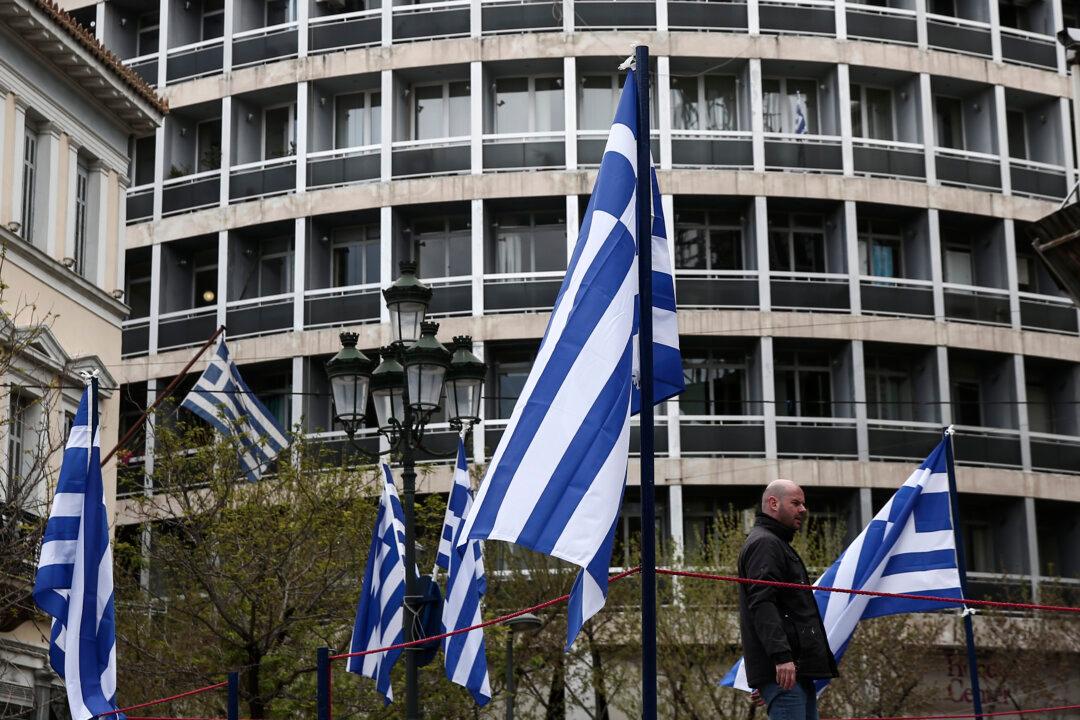It was only Wednesday that German Finance Minister Wolfgang Schäuble came to New York to assure markets that for Greece debt was not a problem. A day later, the chances of the country leaving the euro because of the debt are higher than ever.
“No one is interested in backing Greece to stay in the Eurozone until the end of the year, so we decided to pull the plug on the markets until either the decision to leave is taken, or the crisis point passes,” said Graham Sharpe of British bookmaker William Hill.
If nobody is willing to bet on Greece staying in the euro, there is no market to make for William Hill.





